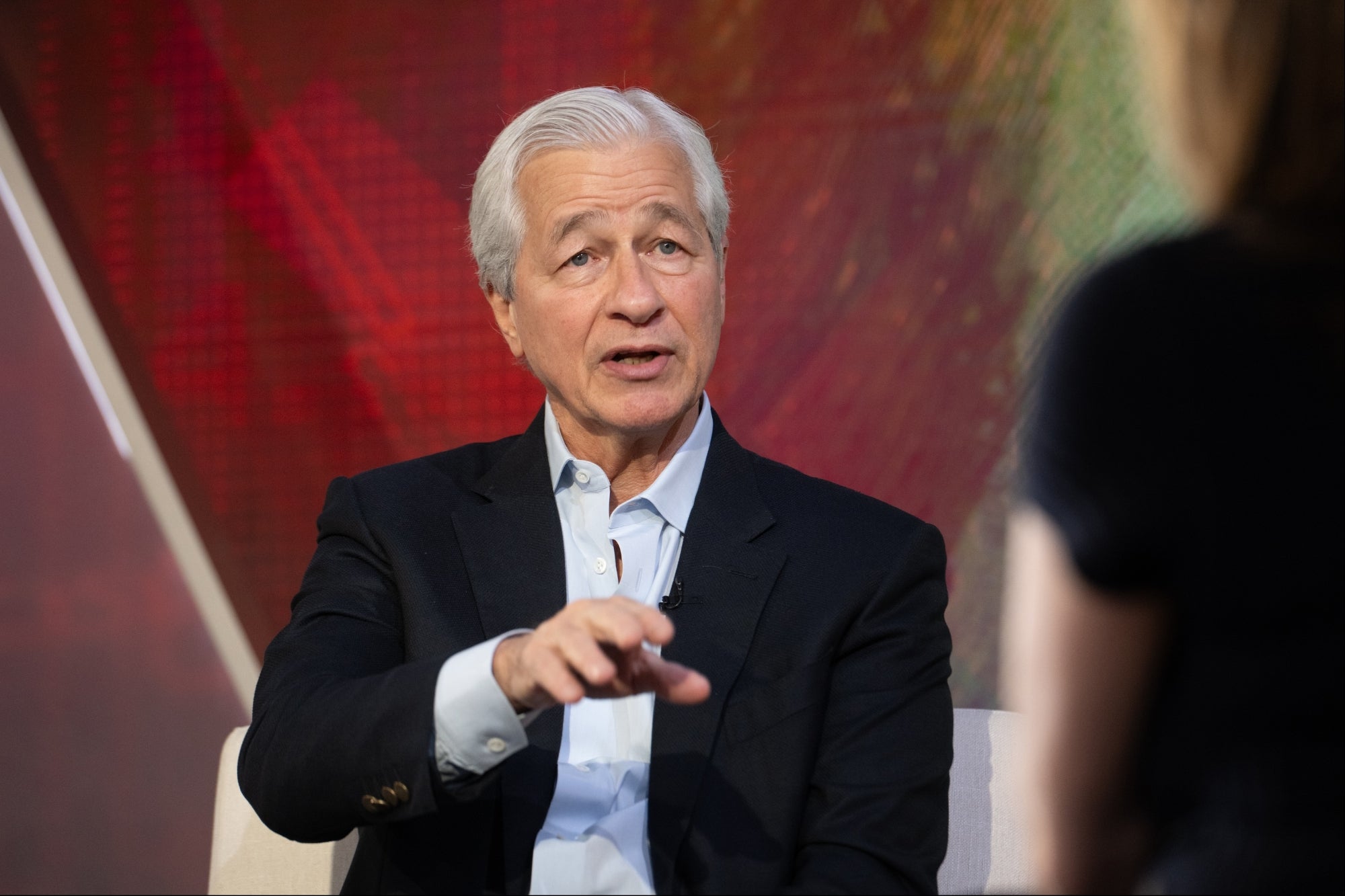How to Decode Franchise Fees and Find the Right Investment Learn why focusing on value — not just cost — can lead to franchise success.
By Mark Siebert Edited by Carl Stoffers
Key Takeaways
- Focusing solely on the initial franchise fee or royalties can be misleading.
- When comparing franchises, the emphasis should be on the value provided rather than just the price.
- Item 8 of the FDD reveals critical details about supplier restrictions, rebates, and franchisor-supplied goods or services.
Opinions expressed by Entrepreneur contributors are their own.

The following excerpt is from Mark Siebert's book The Franchisee Handbook: Everything You Need to Know About Buying a Franchise. Buy it now from Amazon | Barnes & Noble | Apple Books | IndieBound
When you're shopping for a franchise, reviewing a brand's franchise disclosure document (FDD) is a crucial step. And while every detail of an FDD is important, you'll want to pay extra attention to the money: what you'll put into the franchise and what you can expect to get in return.
It would be wonderful if there were a simple calculation to figure out your cost-benefit, but there just isn't. Frequently, prospective franchisees will compare brands' franchise fees. At a glance, the lowest fee seems the most attractive. But that's the equivalent of going to a used car lot and buying the cheapest car you can find. While you want a franchise fee that is reasonable and competitive, it's only one — often, relatively small — fraction of your total investment.
Most franchisors don't make a big profit on franchise fees. They have costs associated with marketing the franchise, franchise sales, legal documentation, training their franchisees, and providing them with initial support until they're up and operating — all of which the franchise fee is supposed to cover. So, while fees in the tens of thousands of dollars to join the system may seem excessive, this isn't where the franchisor makes money.
Related: Smart Tips for Successfully Navigating the Initial Franchisor-Franchisee Interview
Focus on royalties
Royalties should be much more important in your decision-making process. But shopping based on royalty alone isn't the answer, either. Let's say you choose to pay a royalty that's one percent higher than the fee of a comparable franchise offering. On sales of $500,000, that represents an additional $100,000 throughout a 20-year agreement.
If you went to the theoretical used car lot and someone offered you a ten-year-old Chevy for $50,000, you would think they were crazy. But you would jump at a brand-new Ferrari for that same price.
The real question is about value, not price.
Related: Never Buy a Franchise Without Researching These 5 Sources
Understand the fees
At this point in your analysis, though, don't try to assess the value. Just have a good understanding of the fees you're likely to incur. In addition to the initial fee (found in Item 5), Item 6 of the FDD provides you with a table documenting all the fees the franchisor will collect from you. So, if the franchisor collects a 5% royalty and a 1% technology fee, you would pay a total of 6%. Go through this section closely to determine exactly what all your commitments and requirements will be.
Also, be sure you understand how these fees are calculated. For example, while most franchisors charge royalty fees based on gross sales, some charge royalties based on gross profit (revenues minus the cost of goods sold). Some franchisors may have different definitions of gross sales — for example, excluding taxes or gift card revenues.
The one set of fees you may want to view differently in your analysis are advertising fees, referral fees, or national accounts charges. Unlike most other fees, these fees are geared toward driving revenue to your business. As such, you should view them as non-incremental (as presumably, the franchisor has designed them); they will benefit you directly and are based on the franchisor's assessment of what has been historically necessary to drive business to your door.
Item 8
This is also a good opportunity to take a look at Item 8 of the FDD, in which the franchisor must disclose any restrictions on the sources of products or services that will be imposed on you. Any franchisor that is looking to control quality will dictate the sources of products or services — and that ultimately affects your costs, fees, and bottom line. Frankly, it's generally in the best interests of the entire network to ensure that the franchisor enforces these brand standards.
On occasion, the franchisor may be one of several suppliers or even the sole designated supplier of certain products and services. In many systems, the profit a franchisor makes on product sales may allow it to reduce the fees it charges in other areas, such as royalties. If the franchisee is acting as a captive channel of distribution for the franchisor, make a note of it here. Later in your diligence process, you can ask franchisees you interview whether the franchisor's pricing is reasonable.











